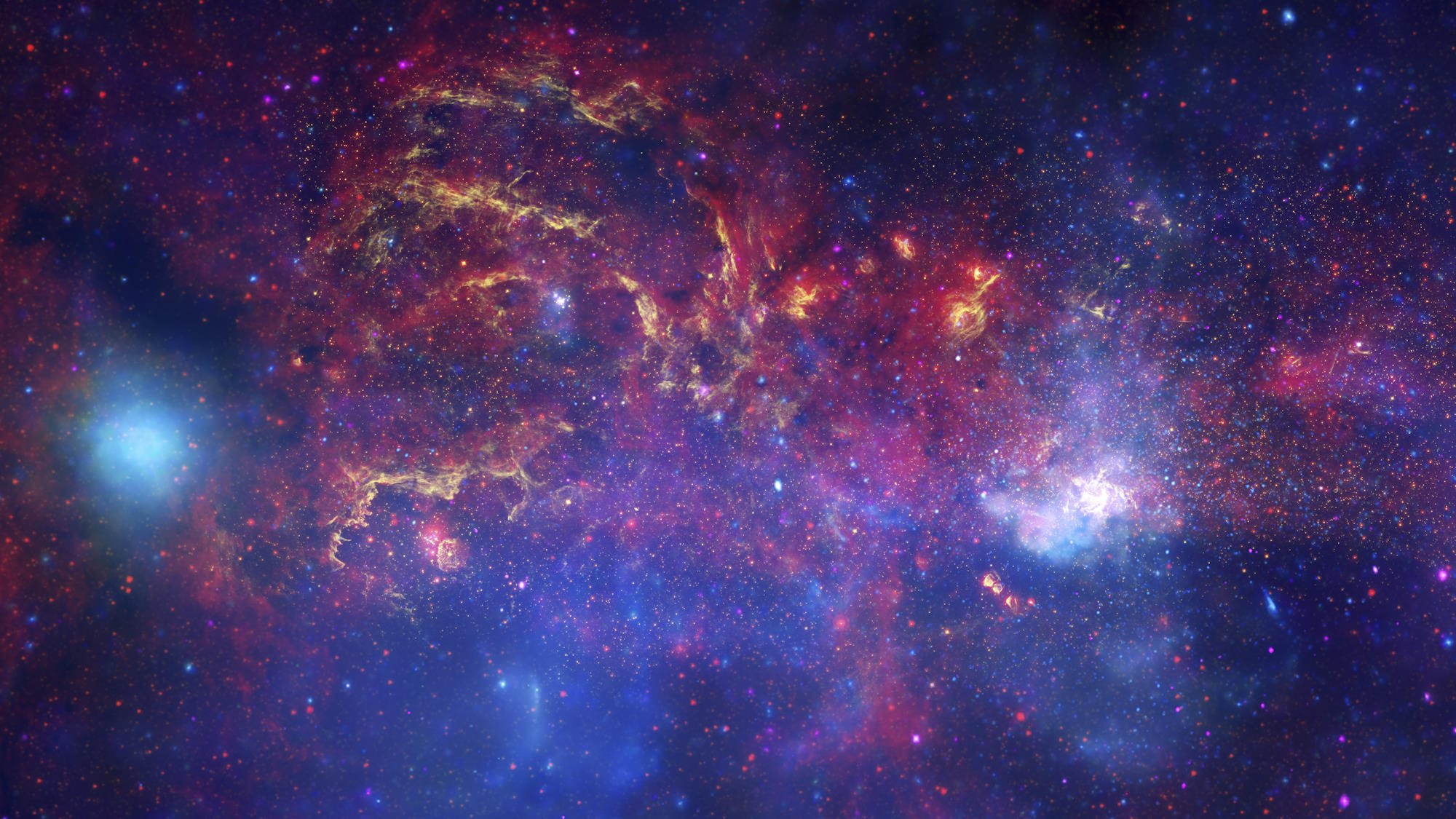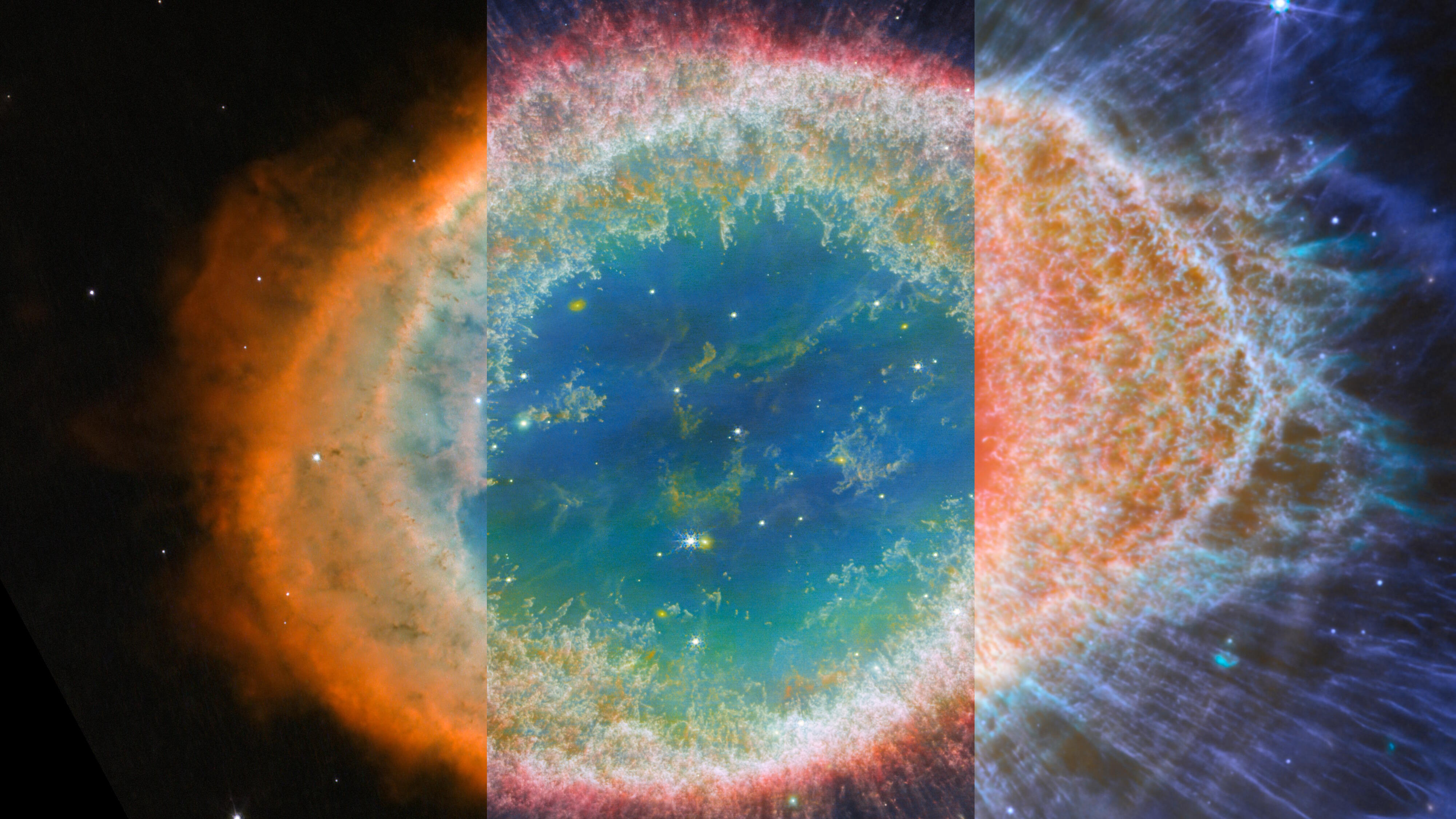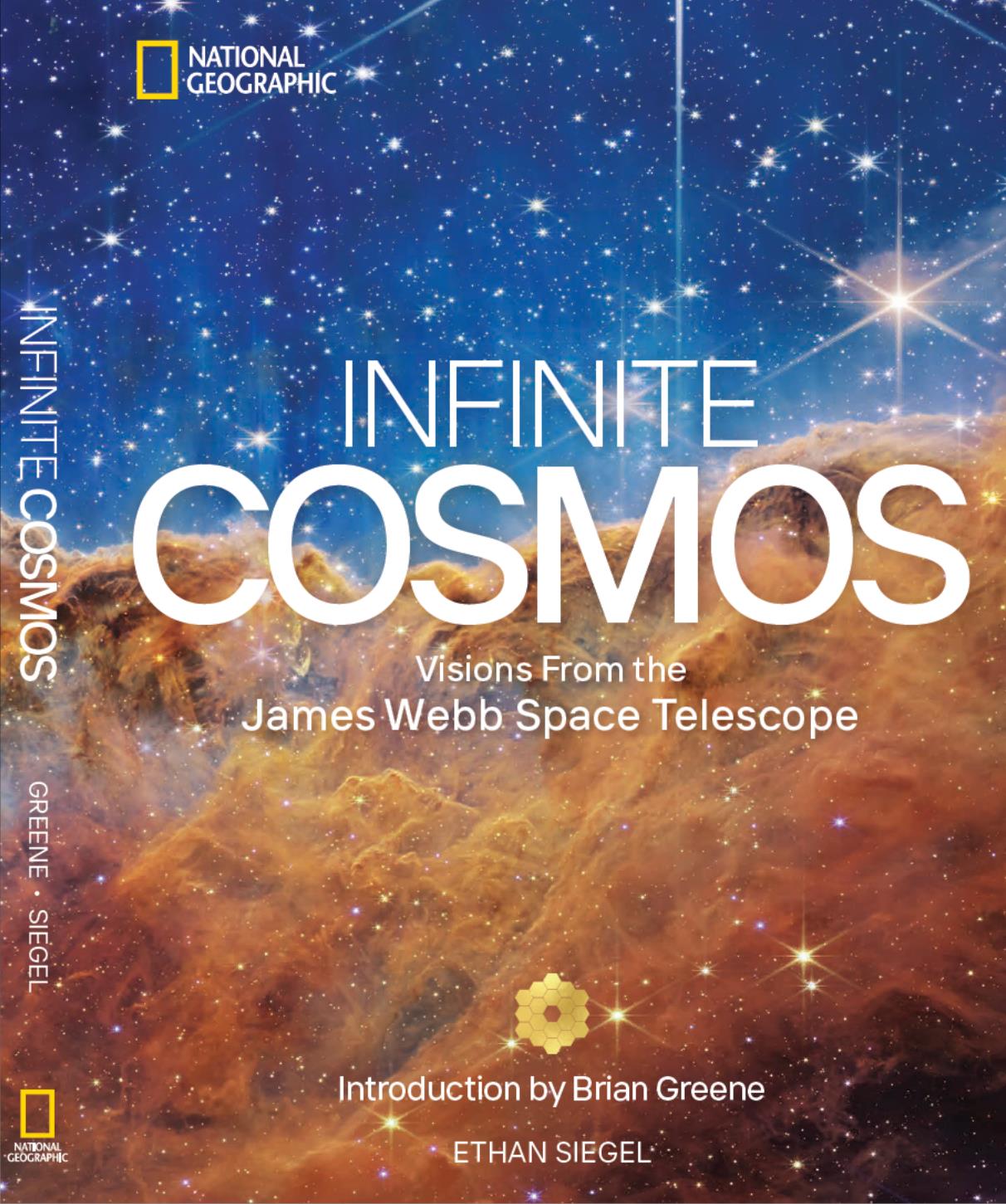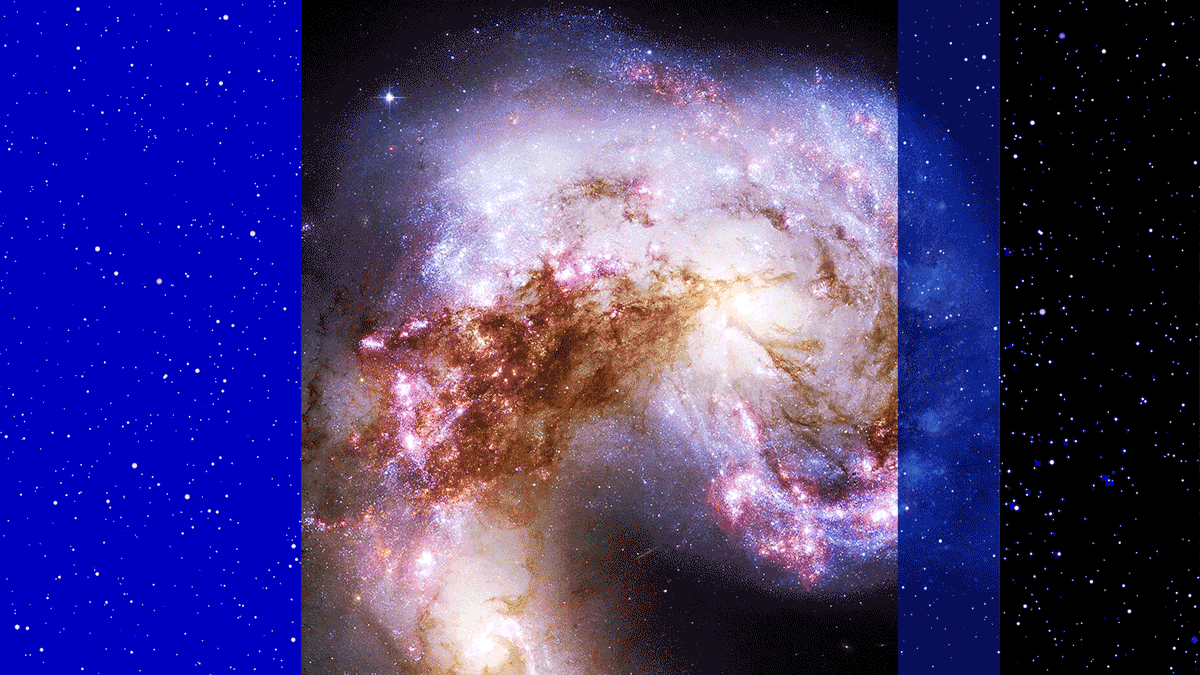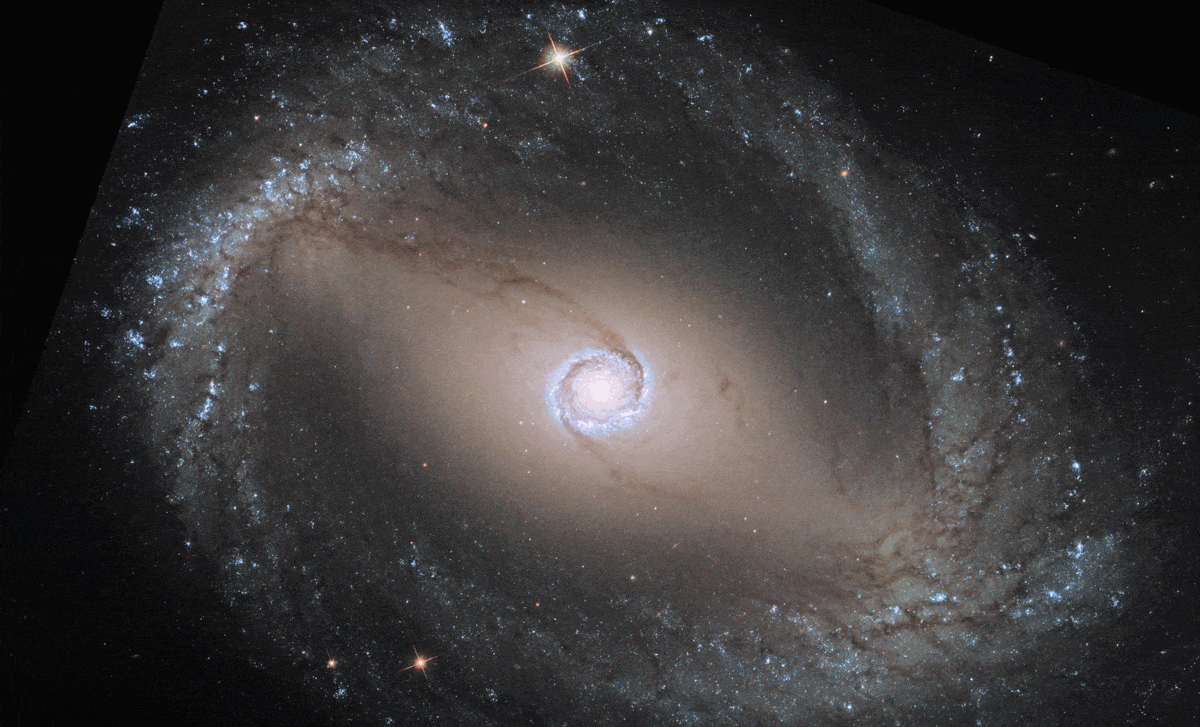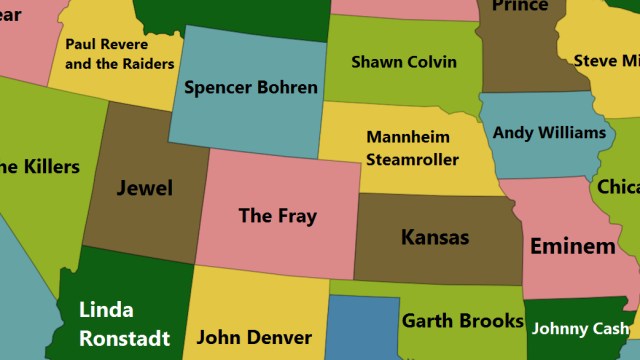Hubble telescope celebrates 28 years in space with a dip in the dazzling Lagoon Nebula
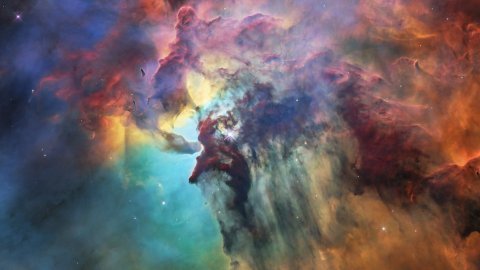
Hubble was launched on April 24, 1990, about the space shuttle Discovery. Every year since, scientists at NASA, together with the European Space Agency (ESA), release spectacular images from it to recognize its “birthday.”
This year is no exception; these are from the Lagoon Nebula and are stunning examples of what the telescope can “see.”
The Lagoon Nebula is a hub of stars being born, and it’s 55 light-years wide and 20 light-years tall.
NASA and ESA officials wrote an apt message about the nebula being imaged. ”Even though it is about 4,000 light-years away from Earth, it is three times larger in the sky than the full moon. It is even visible to the naked eye in clear, dark skies. Since it is relatively huge on the night sky, Hubble is only able to capture a small fraction of the total nebula.”
For its part, the aging telescope has undergone five repairs and upgrades in space, the last in 2009. It’s expected to last until at least 2020, and likely longer.
The successor to Hubble, the $8.8 billion James Webb Space Telescope, is scheduled to launch in Spring of 2020.
Here are two images and a tantalizing video released in honor of Hubble’s 28th year in space. Happy birthday, old friend!


The video is also quite captivating; there are more located here.
